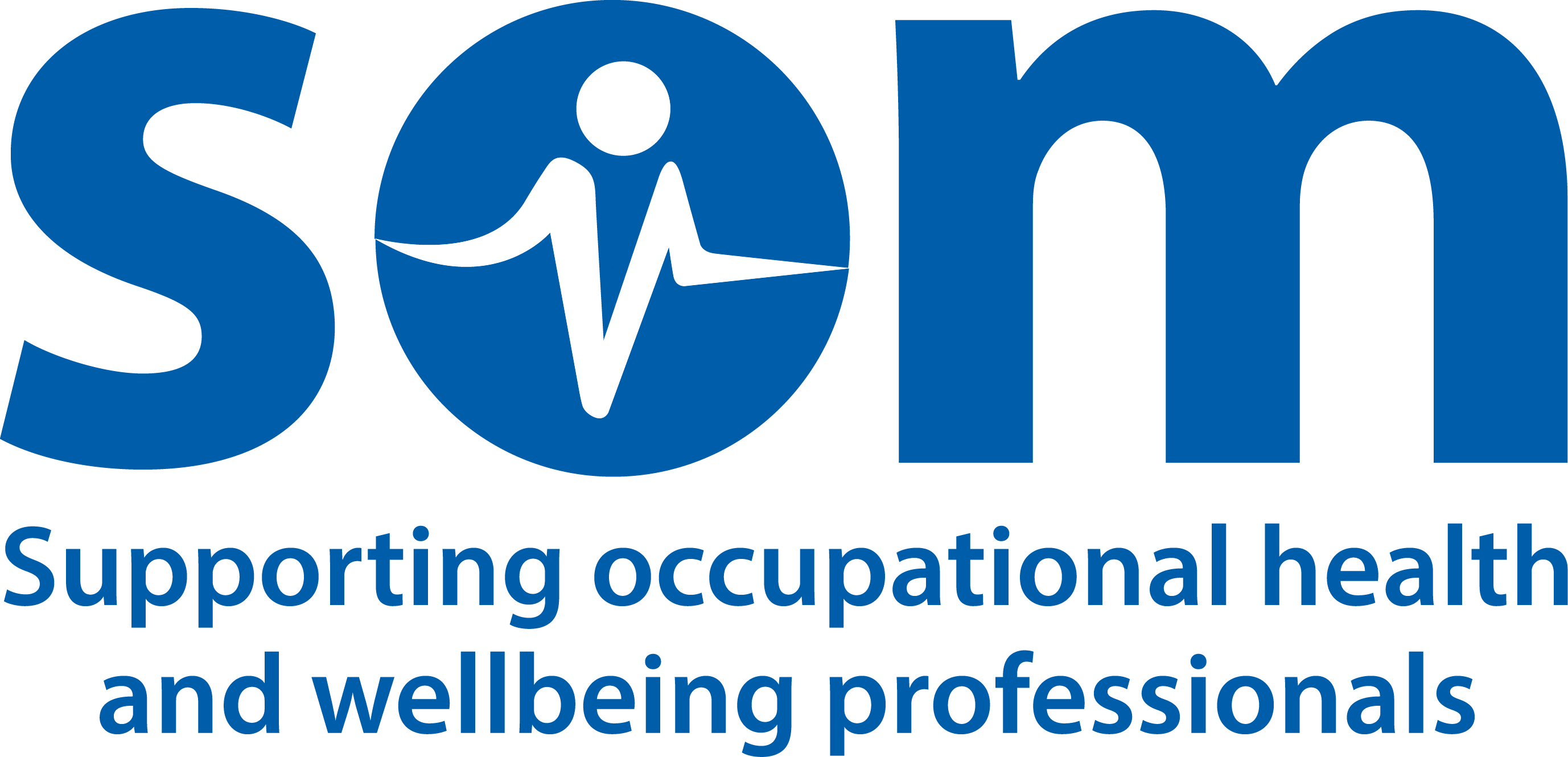
SOM supports the new public health measures to reduce the spread of the Omicron COVID-19 variant. It is highly likely that there will be an increase in close contacts and cases in workers. This could have a significant effect on attendance and absence and is a potential threat to business continuity.
There is a mental health consequence of the move to Plan B and employers need to mitigate these risks e.g. managers should stay connected with employees in the next week to say how this change affects them. Occupational health professionals can advise on workplace health issues that may arise - such as mental health implications for employees. SOM has produced resources to help such as Mental Health Support for Small Business Owners and Team Leaders and Home Working and Display Screen Equipment during COVID-19.
It is therefore important employers with occupational health review the controls in workplaces to minimise impact. The review should include:
- Ensure everyone follows rules on social distancing and mask wearing
- Explore the possibility of implementing workplace testing programmes
- Look at options to improve air quality and ventilation in the workplace
- Encourage vaccination and boosters
- Follow government guidance to work from home
- Carry out risk assessments for vulnerable workers
- For health surveillance, this should be subject to risk assessment, but SOM is seeking clarification from the Health and Safety Executive.
Reduction of transmission should take into account the “Swiss cheese model”. No one layer is perfect; each has holes, but several layers combined - social distancing, masks, handwashing, testing and tracing, ventilation, and vaccination - all add one more protective layer.
Professor Neil Greenberg, Trustee of SOM said: "It is evident that the understandable focus on whether Omicron is more deadly or not appears to have missed the potential mental health impacts of moving to Plan B. Whilst the new measures are not in themselves overly restrictive, many people are likely to fear the uncertainty of the future now more than ever. There have now been multiple new measures introduced in a quick succession and the message this gives is that it is more likely than not that even more restrictive measures will be introduced in the very near future. Members of the public who have put their psychological wellbeing eggs in the ‘I have to have a good Christmas with my family this year’ basket are likely to view the Prime Minister’s announcements yesterday as another nail in the coffin of their mental health. Those working in frontline services, including health and social care, can only infer that they are about to go from the frying pan into the fire. In my view, there should have been much more active discussion of the mental health impacts of the new variant. Furthermore, the Plan B announcement should have included active measures that the government will be putting in place to ensure that the public’s mental health, as well as physical health, needs are being considered in the planning process."

